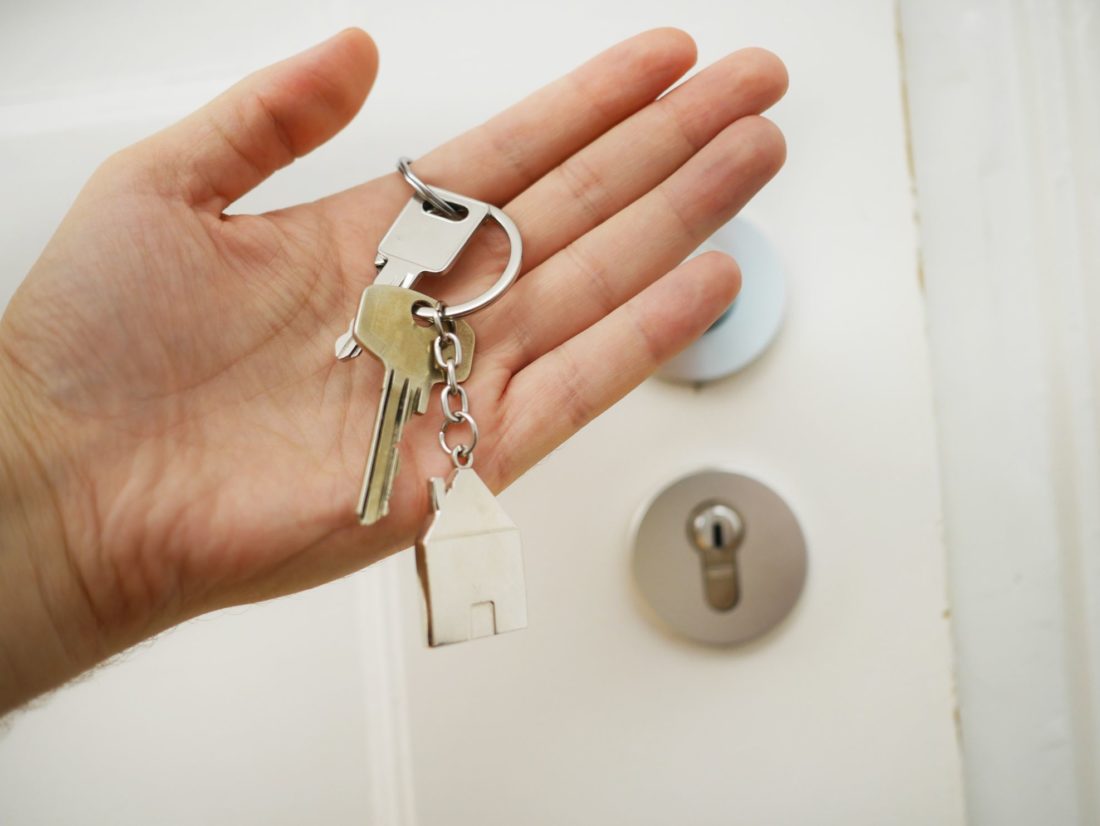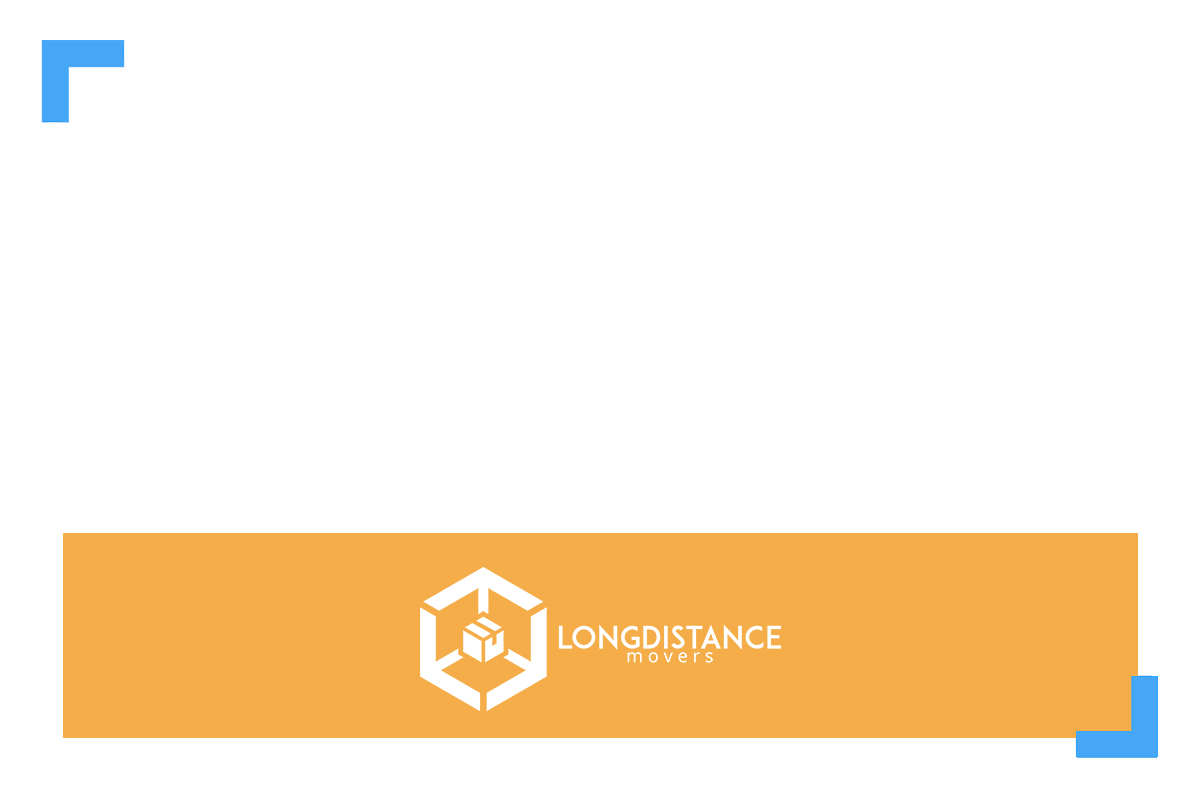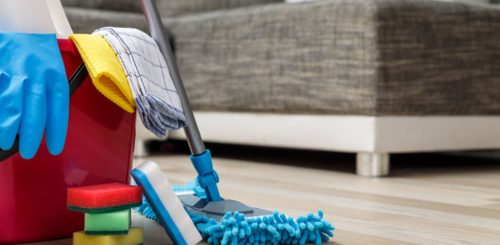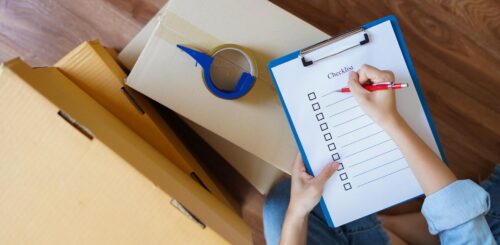Have you ever wondered what do you need to rent a house? It’s just like renting an apartment, but with a few more things to think about. The property management or the landlord of the house will decide if you can lease the home based on your background, application, and financial situation. Once you learn what landlords usually look for in their renters, you can properly prepare everything you’ll need.


Is Renting an Apartment a Better Option?
Houses mostly provide more space than apartments and greater square footage, if that is important for you or your family. Also, they come with a yard for your pet and a garage for your cars. Then, there is the issue of privacy, which apartments cannot fully offer. However, it all comes at a higher price. On the other hand, apartments are usually built in the central urban area, close to public transportation and other amenities, as opposed to a home that is situated in the suburbs. As far as the location is concerned, if you are moving out for the first time, then getting an apartment is a better option. Also, apartment complexes may have community pools, gyms and other benefits for your entertainment and recreation.
Check What Do You Need to Rent a House
Similar to renting an apartment, in order to lease a house, you will need to have a steady income, good credit status and references. Responsibility is highly appreciated among homeowners, as they want their investment to keep its value.
Landlords, which are often large management companies, usually check the rental background of the potential tenant to verify their credibility, so make sure yours is positive or bring some references. You have to keep your credit score high by avoiding late payments and debts. Otherwise, you will have to pay a higher security deposit or find a co-signer vouching to cover the expenses if you fail to.
Your lease should not exceed 30% of your income after tax deduction. That is some kind of guarantee that you will be able to pay the rent and utilities. If you have a family, bring them along when you visit the landlords, as they need to see who will be signed on a lease. If you’re moving with pets, be sure to mention them. You will probably have to pay the application fee so that the owner can carry out a credit check and a background check.
Types of Amenities You Should Consider
Before you move in, check if there are basic amenities such as a fridge, a washing machine, a dishwasher, a cooker, a microwave, and while at it, see if they work. They need to be stated in the agreement, as should the owner’s obligation to repair or replace them if needed.
Plans for Your Home
After you have decided what you want and managed to find a suitable place, discuss with the proprietor what you can do to adjust the home to your needs. It’s important to know what items you need to pack when hiring moving services from a professional moving company and if you need to keep something in storage.
Money For Rent and Deposit
Along with the first month which usually has to be paid in advance, you need to pay a security deposit. The amount depends on the owner, but pretty much always equals a one-month rent. Sometimes, landlords demand more than one lease in advance, so keep in mind how much money you have to save before moving out. Prepare yourself to even have to search for a guarantor if your income is low, as it also depends on the proprietor’s estimation of the risk.
Deposits are protected in a deposit protection scheme by law, so make sure yours is protected within 30 days. Otherwise, you can apply to a court for an order compelling the landlord to return your deposit or protect it as indicated, pending a fine of up to three deposit amounts paid to you.


Find a Good Landlord
The best way would be to get a recommendation from your friends or family. Otherwise, rely on your good judgment when you see your landlord. Analyze their behavior to determine if they are someone you’d enjoy dealing with.
Do not hesitate to research their name thoroughly on the internet, as there might be some positive or negative comments or even some lawsuits. If there are a lot of negative comments or they all indicate the same problems, then it is likely that they are not a good option.
Also, ask the proprietor to give you their references from a current or former tenant. If they are not willing to do that, contact them yourself to inquire about the owner’s credibility. Finally, contact a city housing authority to see if the proprietor has had any code violations.
Rental History and Background
Landlords might ask for certain information to ensure you are a credible tenant. You can expect them to ask for proof of income showing you have a steady job. That means they might ask for your employment and rental history, your social security number, financial account information, bank statements, etc.
Rental applications require stating the amount and type of assets, so you must be prepared to specify all your savings and accounts with their balances and various loans you may have. Landlords will most likely conduct a credit and background check. So, ask the human resources department to provide you with a job status letter in advance, if you want to avoid landlords calling your company to check the employment status.
Ask a Lot of Questions
First, you need to ask about the utilities and amenities. Then, ask about the security deposit, particularly the amount and the conditions for getting it back at the end of the lease. Also, inquire about the lease duration and terms of breach as some life circumstances may oblige you to move out before the end of the lease. For example, you might get promoted and need to relocate for a job to another city. If you have such prospects, you might want to opt for a month-to-month lease rather than having to pay the penalties.
Also, get all the necessary information about the pet policy even if you are not moving with dogs or relocating with cats. You might get one as a gift, or you should just know your rights if your neighbors have pets. Furthermore, ask about the maintenance obligation and inventory list. Finally, ask about the landlord’s name, address, and contact information for future reference regarding various issues, such as a gas safety certificate, and so on. In short, don’t hesitate to request any piece of information you believe you’ll need in order to live there comfortably.






